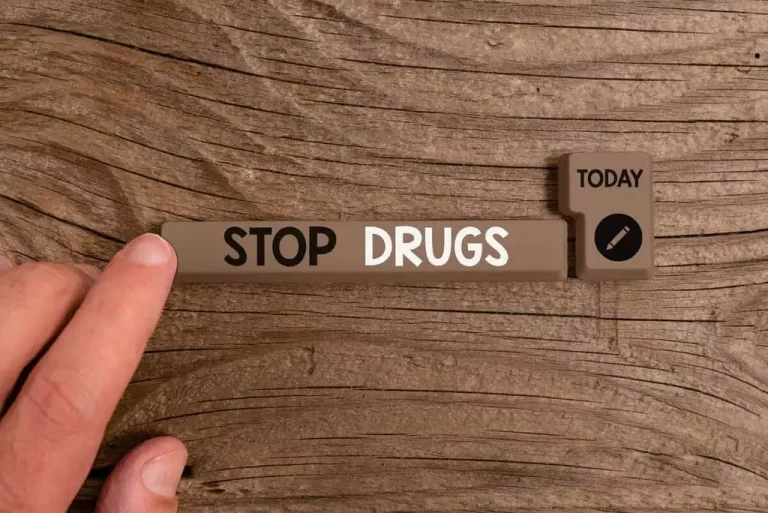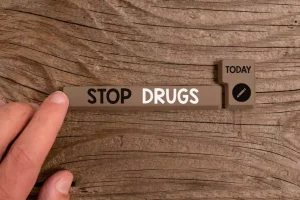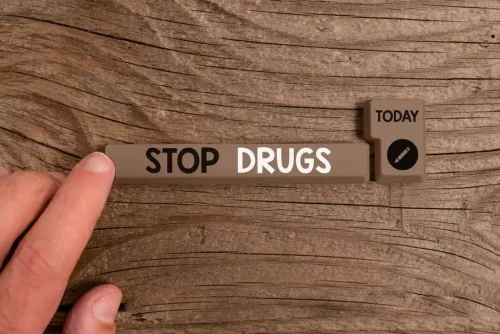
Individuals struggling with dry drunk syndrome may maintain strained relationships with their loved ones, and be frustrated that they don’t feel as well as they expected during their sobriety. These individuals still suffer from their unhealthy habits, both internally and externally. Even though they dry drunk syndrome are sober, the individual has not dealt with the emotional distress and baggage that led them to alcohol in the first place. At Greater Boston Addiction Centers (GBAC), we understand the complexities of addiction recovery, including Dry Drunk Syndrome. Our team of experienced professionals offers comprehensive addiction treatment programs that address not just the addiction but also the underlying emotional and psychological issues that contribute to it. The psychological impact of the dry drunk syndrome can be profound and far-reaching.
How To Prevent And Manage Dry Drunk Syndrome
It doesn’t necessarily have to be religion, but it is a sense of connection with something bigger than yourself. Spiritual growth can contribute to replacing feelings of emptiness or resentment with a feeling of peace, purpose, and wholeness, to emotional recovery. It’s important for individuals in recovery to know that seeking help is not a sign of weakness. Reaching out to therapists, support groups, or trusted loved ones can provide the assistance needed to navigate triggers and maintain sobriety.

What Is A Dry Drunk? Understanding and Managing Dry Drunk Syndrome
What they don’t see is that the dry drunk’s new behaviors are similar to the addictive behavior of the past – just without the use of chemicals. This can allow you to treat the symptoms of your mental health disorder without turning to alcohol or drugs. It can bring with it emotional and behavioral changes that can lead to frustration and hurt feelings toward those who love you. A lot of times the issue is that the person is still obsessed with the unresolved emotions that make up their addiction, and so they become more self-centered and less empathetic.
Featured Programs

A supportive environment is one that reduces the likelihood of encountering triggers and provides a safe space for dealing with emotions and stressors. This might involve changing one’s social activities or ensuring that one’s living environment is alcohol-free. Understanding the triggers of this syndrome is essential for those in recovery and their support networks. In this article, we delve deep into the triggers of dry drunk syndrome and how to navigate them. If a person is having difficulty with their PAWS symptoms, they should speak with a healthcare professional. A healthcare professional may be able to suggest certain coping methods or support groups that could be beneficial.

Is dry drunk syndrome a sign of relapse?
If a person has symptoms of PAWS, it does not mean that they are having a relapse. A relapse occurs when a person who has stopped drinking alcohol begins drinking again. Other complex factors may also play a role, including underlying mental health issues or a lack of social support.
They may also be able to prescribe medications, such as acamprosate (Campral), to help with the symptoms. A person experiencing symptoms of PAWS should not feel shame or discouragement. There is little scientific evidence for the existence of dry drunk syndrome. However, some people consider it to be part of post-acute withdrawal syndrome (PAWS). As the term referred to people who were sober but not receiving treatment for their AUD, it implied that a person was not fully committed to sobriety.
General Health

Some folks assume that people showing signs of this syndrome are about to relapse and drink again, but this isn’t always the case. Carole Bennett, Sobriety M.A., is a family substance abuse counselor, lecturer, columnist and author based at her Family Recovery Solutions Counseling Center in Santa Barbara, CA. You may experience mood swings, ranging from irritability and frustration to feelings of hopelessness and despair. With grandiosity, you are setting yourself up to be the center of attention; either superior to everyone around you, or by playing the victim. Either way, you’re distancing yourself from the people and world around you. What you’re saying is “I am not like you” with the implication that rules don’t apply in my particular case.
- A healthcare professional may be able to suggest certain coping methods or support groups that could be beneficial.
- The dry drunk syndrome is when you turn to destructive coping habits instead of developing healthy habits.
- Some common experiences of PAWS include mood fluctuations, lower stress tolerance, insomnia, anxiety, depression, and longing for a drink.
Recovery is often referred to as an identity transition that not only involves quitting drinking but also identifying and reworking the factors that led to alcohol misuse. There are various stages of AUD, but regardless of the stage, the condition can have detrimental impacts on our life. A person’s mental, physical, and emotional well-being is severely affected by AUD, which can cause lingering effects of dry drunk symptoms even after quitting alcohol.
At CenterPointe we’ll assist you in uncovering the root causes of your struggles including any mental health issues. We will provide you with tools to manage your emotions, thought processes, and addictive behaviors effectively. If you or a loved one is struggling with dry drunk behaviors, seeking professional help and support from a healthcare provider or addiction treatment center is essential.











